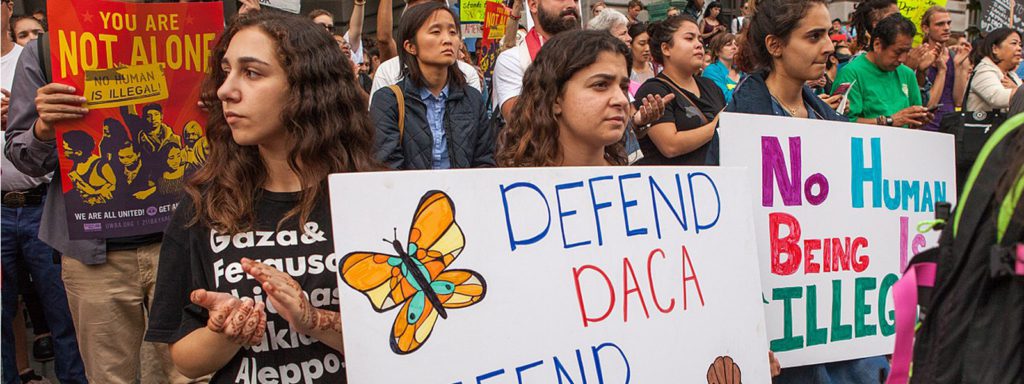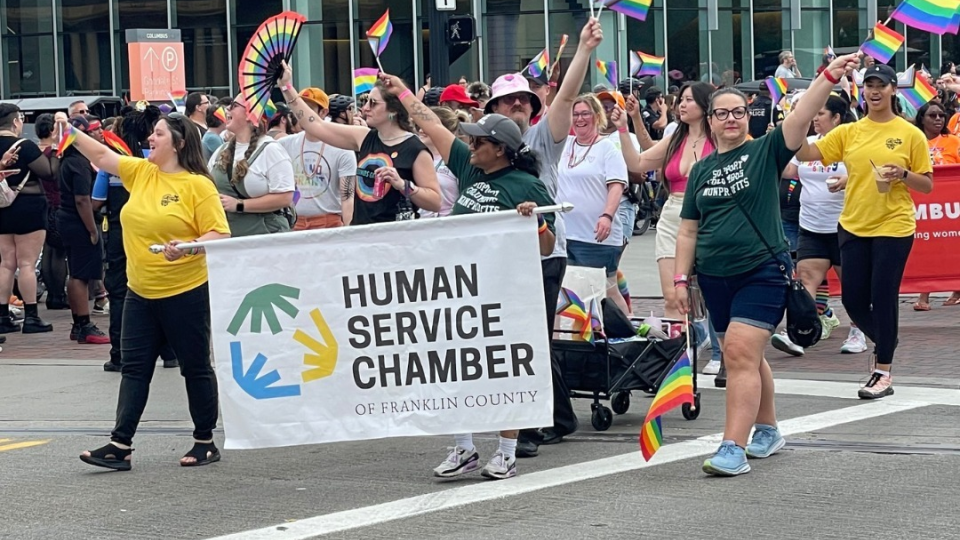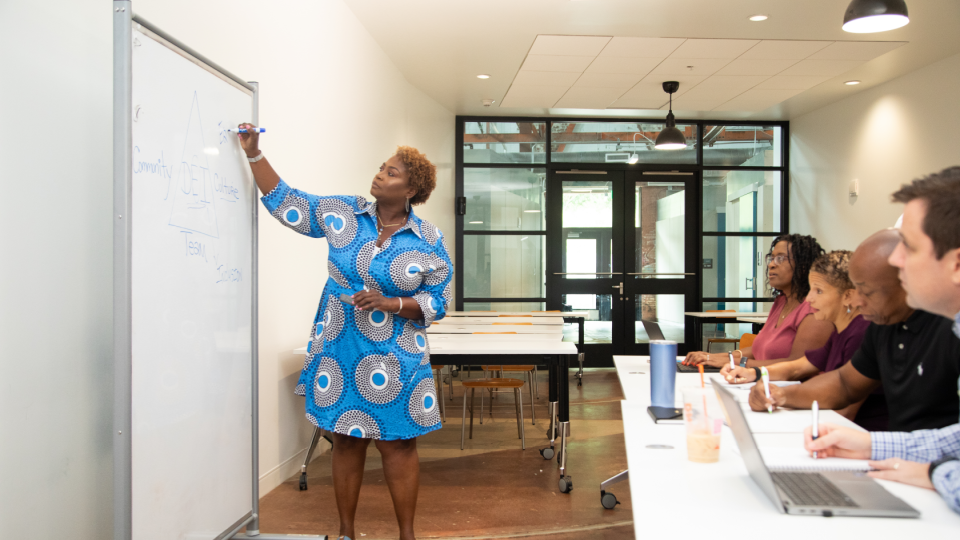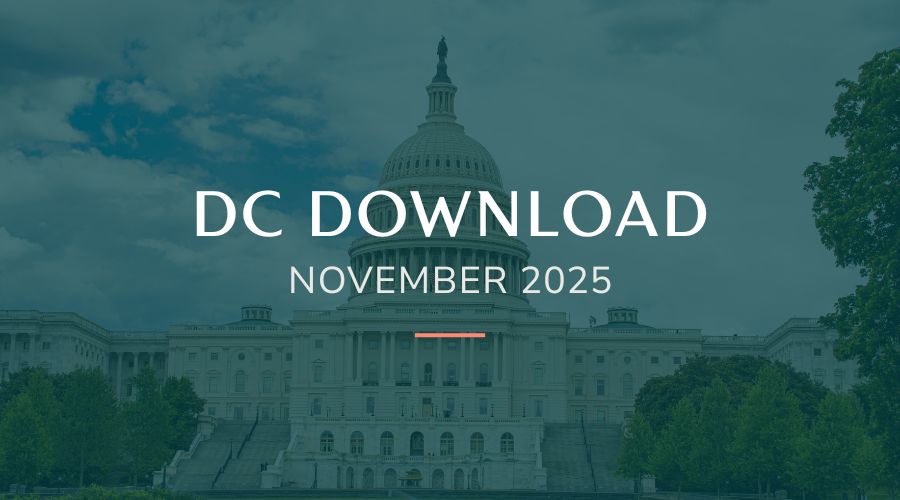Ana is like many of us who work in the nonprofit sector. She mixes her idealism and determination for a just world with her own history of struggle to bring along a community and a country.
She believes in the promise of the United States. She believes a passionate group of individuals can change the world. Ana is all of us. She is also a DREAMer, and recently she’s felt a lot of love…and hate.
It only makes her more determined.
Ana is one of 1.9 million DREAMers in the United States, young people who were brought to this country as children without documentation. According to UnidosUS, DREAM Act—not Dream or dream—stands for the Development, Relief, and Education for Alien Minors Act, which has failed to make its way through Congress several times since 2001, most recently in 2013. Ana is one of 800,000 DREAMers who applied and received documentation through the Deferred Action for Childhood Arrivals or DACA. The program started in 2012 by President Barack Obama who promised young dreamers access to the American dream in exchange for them voluntarily stepping from the shadows. Accepting such a deal not only required bravery but a faith and commitment to country that goes beyond mere self-interest.
Ana was nine when she came to the United States with her mother and younger brother. She worked hard in school because her mother insisted that an education was the only ticket to success. She currently is investing her undergraduate degree and talent in the nonprofit sector, with a goal of eventually pursuing a career in law.
Now in Washington, a policy debate rages on and Ana and many people like her, working with and for the nonprofit sector, have uncertain futures. In September, U.S. Attorney General Jeff Sessions announced that the Trump Administration was “winding down” DACA in order for Congress to find a more permanent solution.
That fix has yet to come.
While policymakers continue to deliberate, 122 people each day lose their chance to work, further their education, own a home, and provide for their families. Nonprofit organizations, like Independent Sector member UnidosUS, often are on the front lines of these policy battles. UnidosUS, formerly known as National Coucil of La Raza (NCLR), serves the Hispanic community through research, policy analysis, and state and national advocacy efforts. They also have a network of affiliates across the country who provide services directly to communities.
“Our policy work is informed by the people throughout our network,” said Clarissa Martínez-de-Castro, deputy vice president of UnidosUS. “We want to make sure communities are able to elevate how the lack of policy action or negative actions…are impacting people in communities.”
She also said it’s important for people who are undocumented and who know undocumented people to speak up on their behalf. “The effort is to debase or minimize DREAMers’ contributions to the overall economy, and overall social construct, must be challenged,” she said. “Engagement is key, or else the false narrative that is created will win.”
In August, UnidosUS circulated a sign-on letter to nonprofit organizations to show their support for the program and DACA recipients’ investment in the charitable community, which makes up about 10 percent of the American workforce.
The letter, which Independent Sector signed in support, stated, “To end DACA would mean a U.S. GDP loss of $433.4 billion over the next 10 years. However, it would also mean that hardworking, passionate individuals who enrich our society would no longer have authorization to work and we would lose the contributions of individuals who have demonstrated their commitment to serving the public good.”
As of today, it is unclear how a possible solution will come. The judicial branch has also heard several cases. Just recently, on February 13, a federal court ruled that the DACA program must remain in place putting into question the validity of the Trump Administration’s March 5 deadline to end the program. Any solution from Congress appears to be weeks or months away after a bipartisan immigration bill was defeated on February 15.
Advocates remain steadfast to bring stories and data to light to ensure that a solution is in place as soon as possible. For Ana, all this uncertainty makes it hard to feel at ease on a daily basis, let alone think about the future. When asked what she would do if a DREAM Act was passed today, she responded, “I can finally breathe and get back to planning a future with family and friends.”
Learn more about the nonprofit organizations working on this issue and how you or your organization can help:
- American Civil Liberties Union
- American Immigration Council
- Asian Americans Advancing Justice*
- Evelyn & Walter Haas Jr. Fund*
- Hispanics in Philanthropy
- Human Rights Campaign
- National Immigration Law Center
- UndocuBlack Network
- UnidosUS*
- United We Dream
- The Young Center for Immigrant Children’s Rights
*Independent Sector Member



